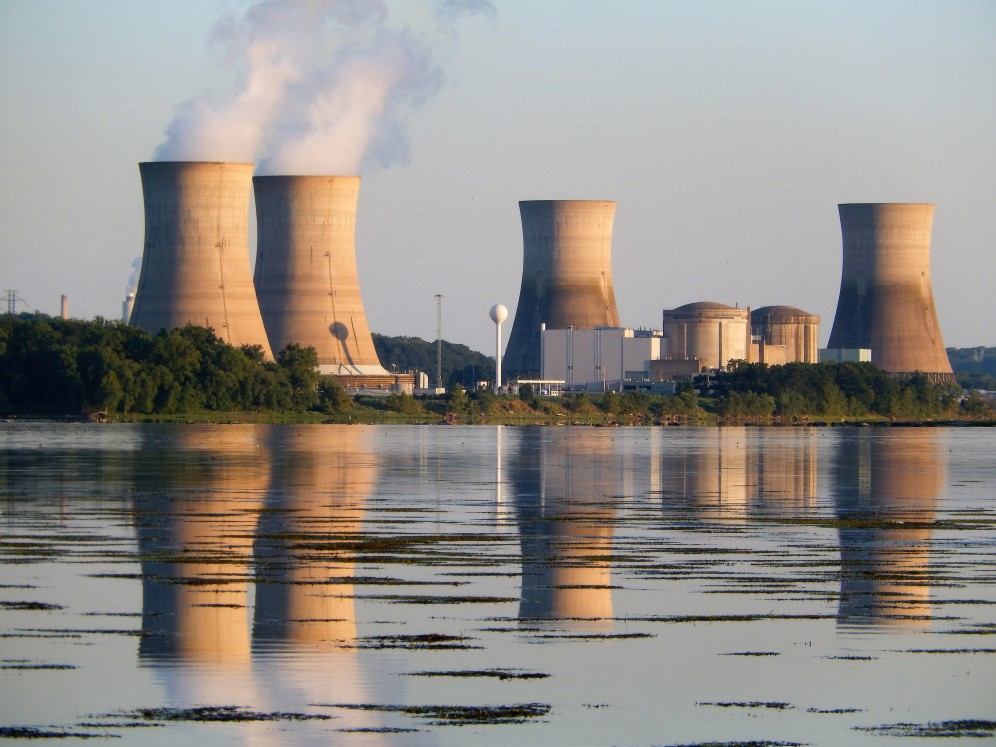The nuclear industry has expressed doubt about the UK’s net-zero targets being successfully achieved by the legal-binding deadline in 2050. A confidential letter to Chancellor Rishi Sunak signalled the industry’s worries that the Government may forego paying for new nuclear stations over an energy bill levy.
In another report by the BBC, almost two-thirds of households in the UK have failed to meet energy efficiency goals in the long term. Some 12 million homes have produced more CO2 and paid extra costs on energy bills due to consuming more energy than necessary.
Following these reports, industry players like the nPower have suggested ways to ensure that the UK will still be on track its goal and be ready in time for the United Nations Climate Change Conference of the Parties or COP26 in November 2020.
Criticism and Fears
The nuclear industry penned a letter to the Chancellor of the Exchequer to relay concerns about the Government’s ditching of the plan to pay for the new nuclear power station located at Sizewell, Suffolk.
The budget was presented by Treasury last year but is now in danger of being dropped for a levy on energy bills. This scheme is bound to add £6 per year to consumer’s bills.
Every existing nuclear power station in the UK is to be retired by 2030, except for one plant. These power stations have been providing around 20% of the UK’s electricity.

The nuclear plant under construction at Hinkley Point C in Somerset is backed by the Government’s promise that it will be paying £92.50 per megawatt-hour produced, which is double than its current market price. EDF, a French utility company, is currently paying for the construction along with project partner China General Nuclear Power Corp (CGN).
The high costs have garnered heavy criticism and prompted the Nuclear Industry Association to urge the Government to find other means of financing nuclear projects. It also noted that the country couldn’t depend on weather-dependent renewables
The association highlighted the Committee on Climate Change’s recommendation for net-zero. It stated that the energy mix of the future should consist of firm power at around 38%, which makes nuclear as the only viable option
Struggling to Meet Goals
In a data analysis performed by the BBC, over two-thirds of the nation’s households have been spending more on power consumption, which consequently produces more carbon dioxide than the opposing goal of reducing it.
The Government acknowledged the need to be more aggressive in finding ways to enhance energy performance in households. Some experts believe retrofitting homes might be needed since many have been built before 1990.

University of Cambridge Center for Sustainable Development research academic Dr. Tim Forman commented a massive-scale project would be able to help the nation meet the 2050 net-zero target, which was previously signed into law in June of last year.
Energy Performance Certificates (EPCs) are a measure of a house’s energy efficiency, with grading from A to G. The A grade indicates homes are more efficient, which means it pays lesser energy bills and has a lower carbon footprint.
The BBC report found over 12 million homes failing to reach C grade (middle rating). Critics have pointed this as an indication that the Government is behind fulfilling its targets by the set deadline.
The UK government has previously announced its plans to achieve a C grade for as many homes by 2035, aiming affordable, efficient, and cost-effective energy for homes. Fuel-poor households and rented homes are also targeted to reach this standard by 2030.
Solving the Dilemma
Industry players, particularly the energy supplier nPower, has given recommendations as to the actions that can be taken to see the legally-binding goals into fruition. To prepare for COP26, nPower’s Ben Spry said businesses should apply onsite renewable generation and adopt science-proven targets to reduce energy costs.
The UK is the first country to have declared a national climate emergency. It has prompted the Government to set the 2050 decarbonisation target, expecting organisations to implement fundamental changes to operating practices and business models, as stated by the UK Energy Research Center.
With the COP26 looming, businesses are guided towards cost-saving, carbon-reducing, and reputational measures by committing to energy management strategies.

Experts suggest business consumers should participate in the balancing services of the National Grid, capacity market, and domestic schemes by distributors, and as well as joining the wholesale market optimisation.
There are other feasible ways to carve the path towards the net-zero economy. Business consumers are advised to be mindful of carbon emissions in activities, reducing consumption by promotion green behaviours, investing in battery storage and onsite generation, and perform reporting and monitoring to drive energy efficiency.
